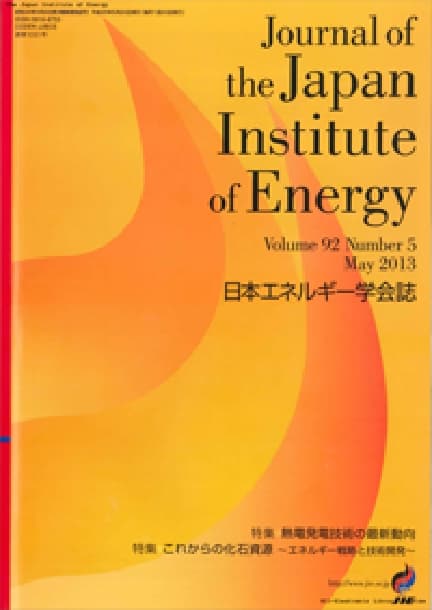The effects of hydrogen donation on coprocessing of coal and three kinds of plastics such as high density polyethylene (HDPE), polypropylene (PP), and polystylene (PS) were investigated under the presence of hydrogen from gas or liquid phase. In the liquefaction reaction of coal alone or each plastic alone, hydro-gen from liquid phase (tetralin) gave a large influence on yield, as compared with hydrogen from gas phase. Contrary to coal, the gasification of plastics was inhibited by the presence of hydrogen from liquid phase.
In the coprocessing using decalin solvent under hydrogen gas, the gas yield decreased greatly and the oil yield increased. However, in the coprocessing using tetralin solvent, little interaction was observed. It was suggested that the reactions between coal and plastic radicals were inhibited as a result of rapid stabi-lization of the produced radicals by hydrogen from tetralin.
The effect of plastic type on coprocessing reaction under decalin solvent was investigated. All the plastics tested decreased the gas yield, which suggested plastic radicals were stabilized in coprocessing reaction. Furthermore, experimental results suggested that HDPE radical tend to be stabilized by the contact with other radicals, and that PP and PS radicals tend to be stabilized by hydrogen transfer from decomposi-tion products of coal.










